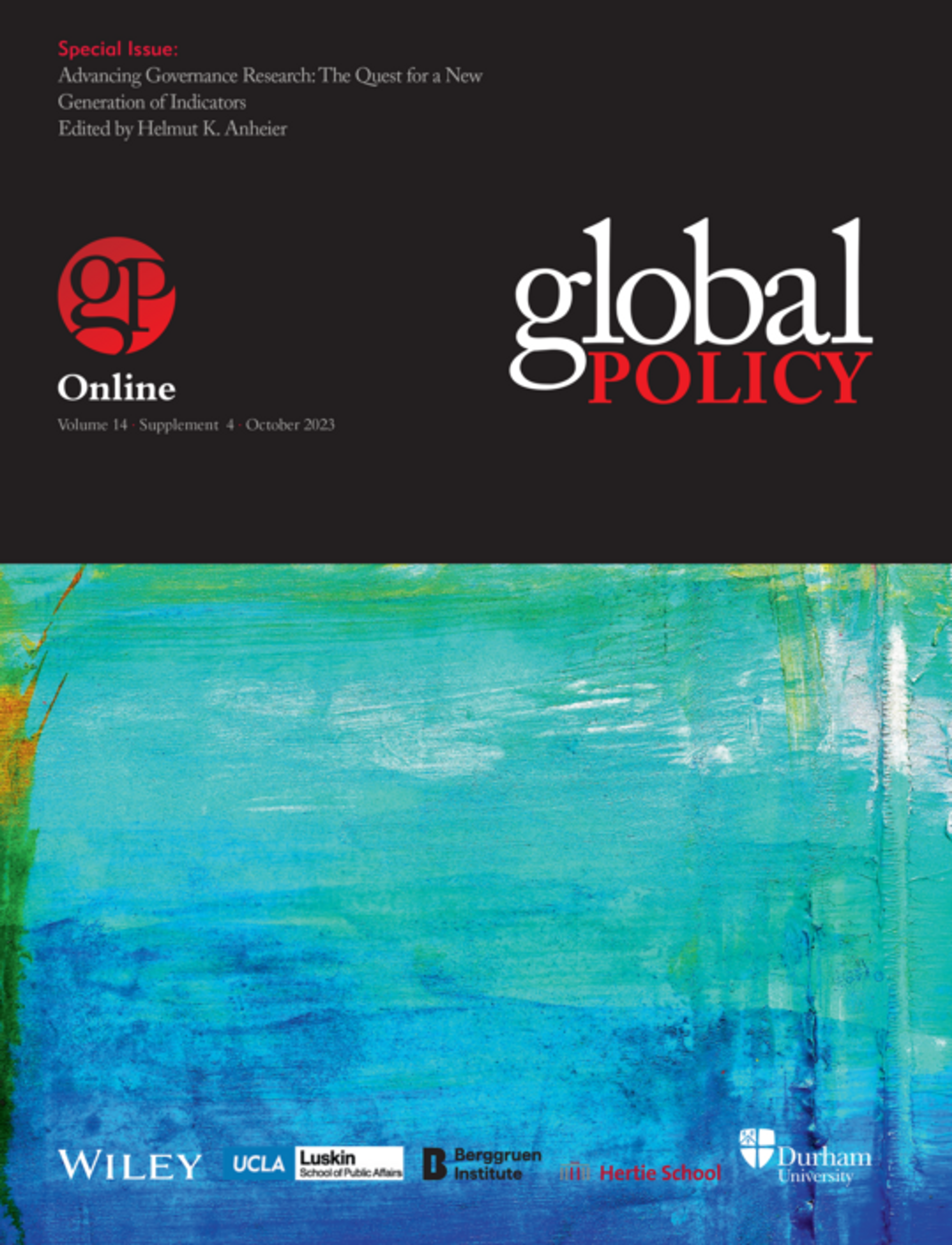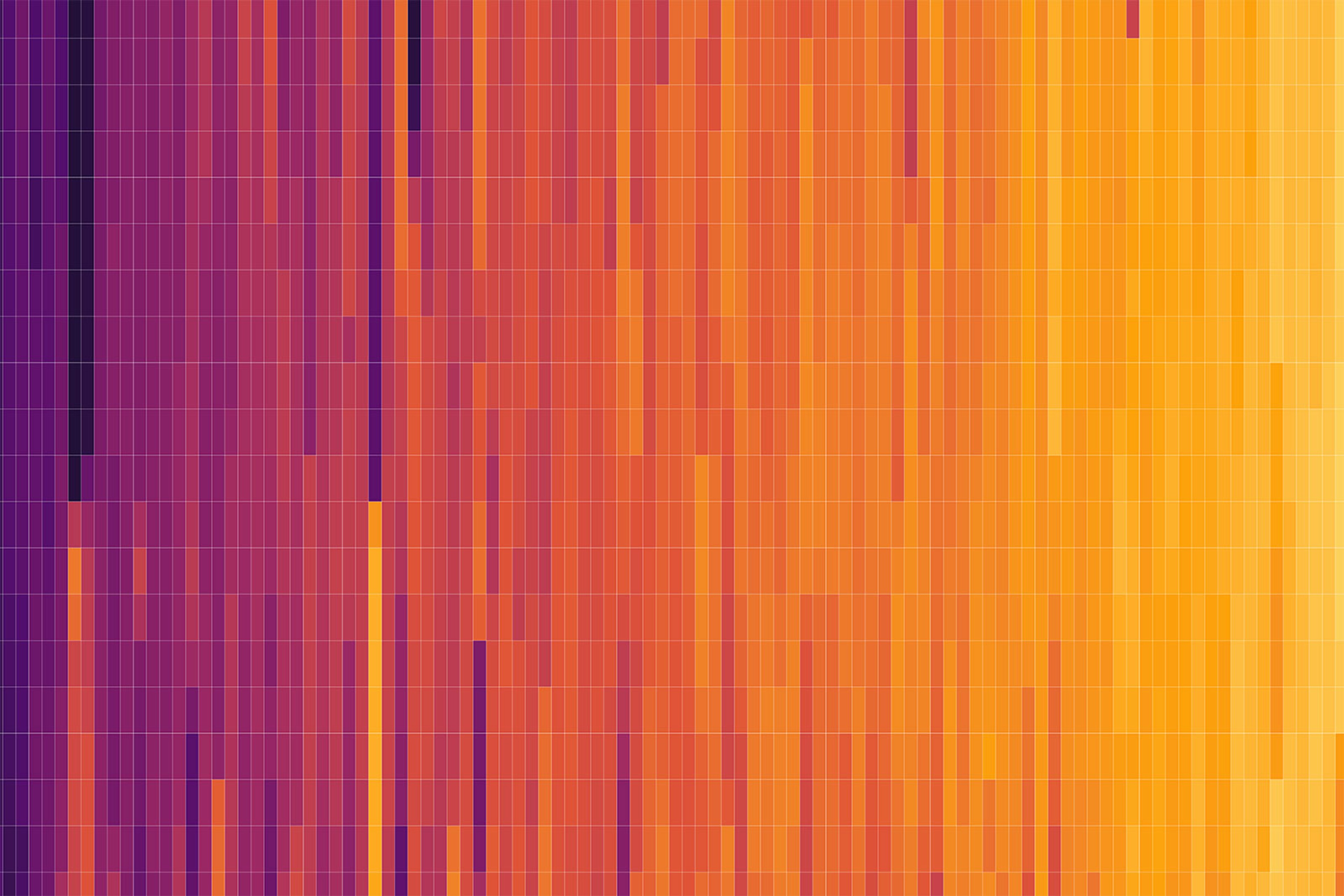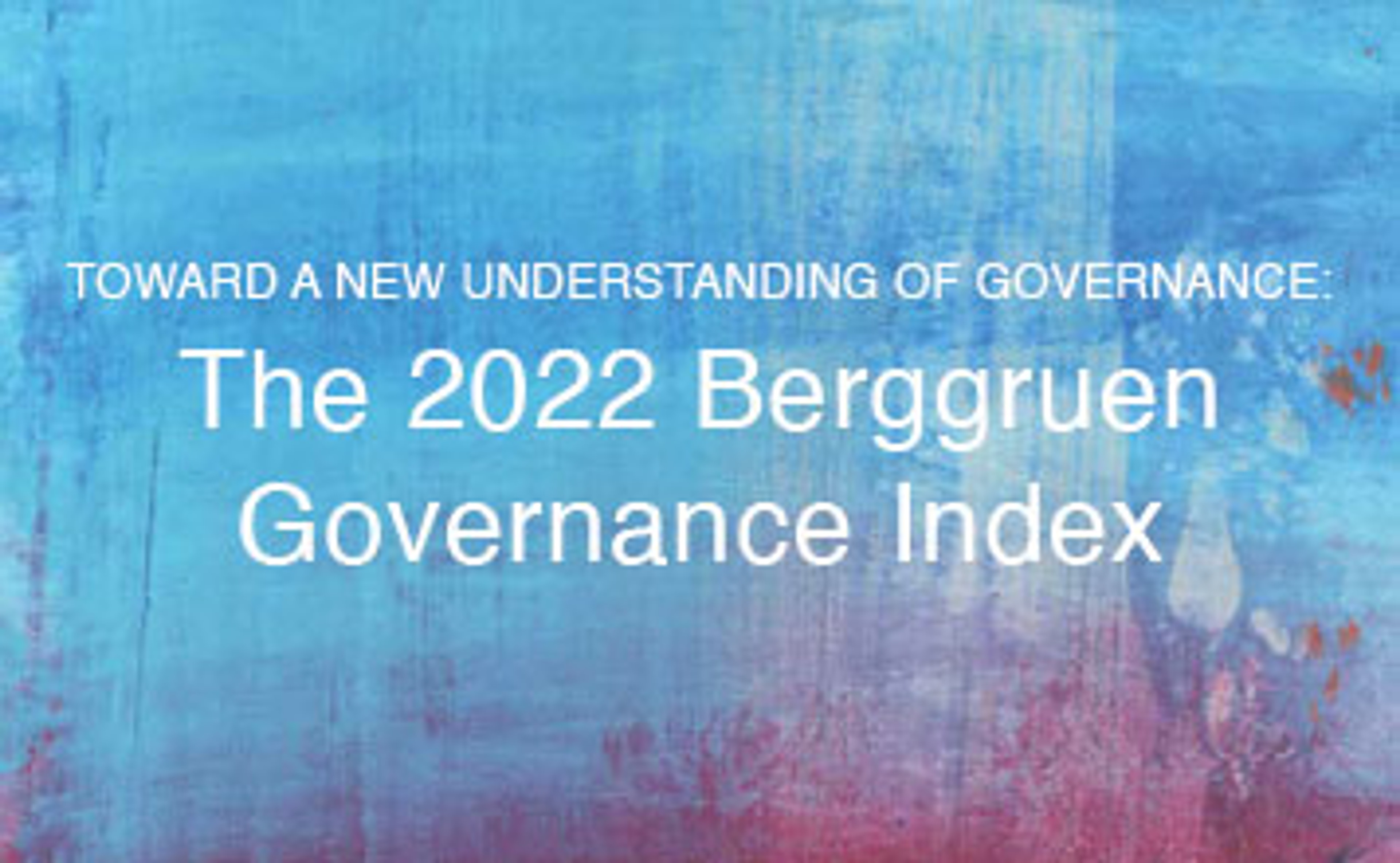Dedicated Issue of Global Policy, New Interactive Website Showcase Berggruen Governance Index

The latest special issue of Global Policy, a peer-reviewed international relations and global public policy journal,is devoted to the latest update of the Berggruen Governance Index. Released today, the issue explores and analyzes the Index’s findings on the three dimensions of governance around the world since the year 2000: state capacity, democratic accountability, and public goods provision. To accompany the publication of the special issue, the Berggruen Institute is releasing an updated interactive website for the Index, with significantly enhanced data analysis and visualization functionality for exploring its findings.
“In a time of increasingly volatile uncertainty for international politics and democracy, the Berggruen Governance Index provides crucial grounding for discourse and opinion,” said Helmut Anheier,Principal Investigator and Adjunct Professor of Social Welfare and Public Policy at UCLA.“By exploring in detail how objective governance metrics reflect disruptive global events, this issue of Global Policy shows how statistical indicators can help us navigate the uneasy direction of liberal democracy, a multipolar balance of power, and heightened regional conflict.”
Key insights and findings from the Berggruen Governance Index highlighted by the Global Policy issue include:
- The level of public goods provision is a function of democratic accountability and state capacity
- In the United States, relatively poor recent trends across all three dimensions reflect political turmoil and insufficient policy response to the 2008 global financial crisis
- Lackluster investment after the global financial crisis may undermine the world-leading performance of Europe’s largest economies across all three dimensions
- While India’s state capacity has significantly improved, democratic decline and the continued dominance of informal arrangements in employment threatens its positive trajectory in public goods
- China has thus far defied the predictions of the “autocratic fallacy,” which suggests that authoritarian governments cannot ensure indefinite increases of public goods without increasing their level of democratic accountability and openness, but new challenges to its economic model may yet disrupt this path
- Ukraine’s volatility across the Index’s dimensions reflects and a fundamental governance instability that may be changing in response to the Russian invasion
- Lagging state capacity and government debt in Ghana, Kenya, Nigeria, Senegal, and South Africa may hold these nations back from further improvements in public goods and democratic accountability
- Performance of Brazil, Venezuela, Mexico, Colombia, and Argentina reflect a new “lost decade” for quality of life in Latin America
Beyond these findings, the new Berggruen Governance Index website is a powerful tool for scholars, journalists, and policymakers to develop their own insights from two decades of data across 134 countries. New functionality for ranking and comparing groups of countries can help them discover new relationships among the dimensions of governance and major global events.
“Global Policy’s issue extends prior analysis of the Berggruen Governance Index to explore the emerging challenges for global politics in the coming decades,” said Dawn Nakagawa, Executive Vice President of the Berggruen Institute. “Does democracy matter for people’s quality of life? Will autocracies be able to sustain effective governance over time? The Global Policy special issue and our new Index site are great assets to those working to formulate answers to these questions and more.”
The next update to the Berggruen Governance Index will carry its analysis through 2021, showing how governments have fared comparatively during the COVID-19 pandemic. This update will be released in the spring of 2024.





